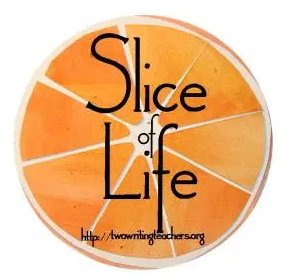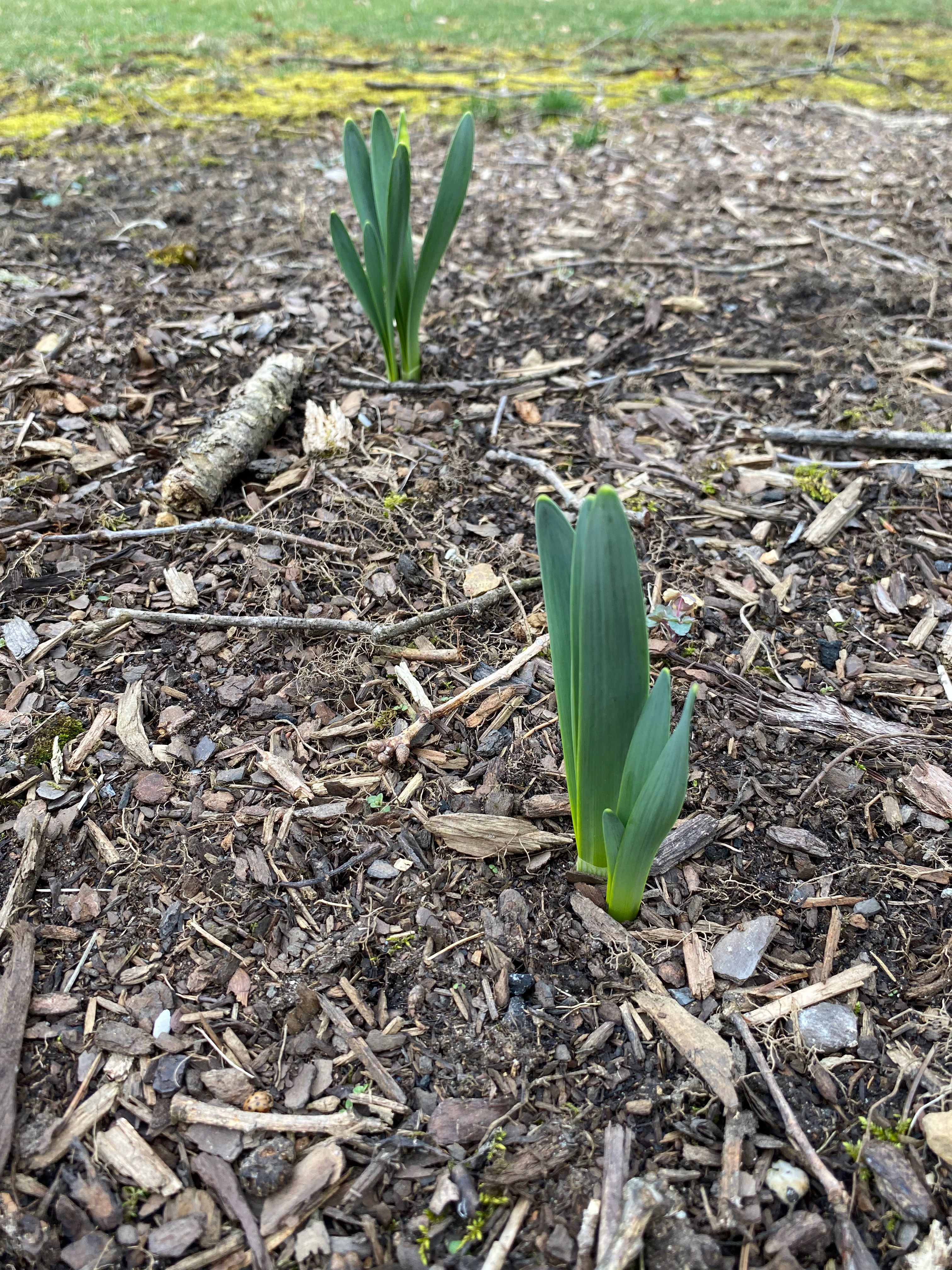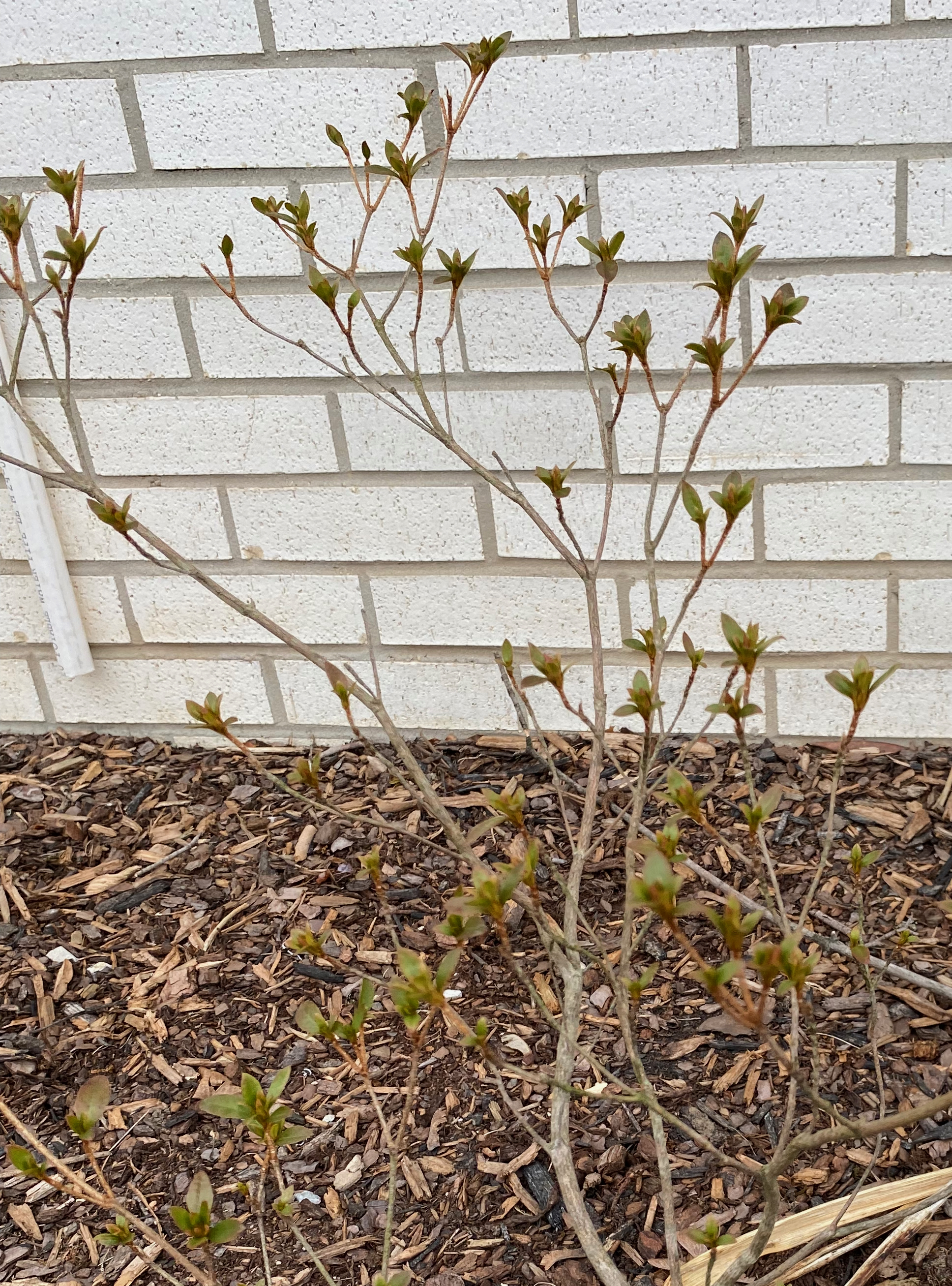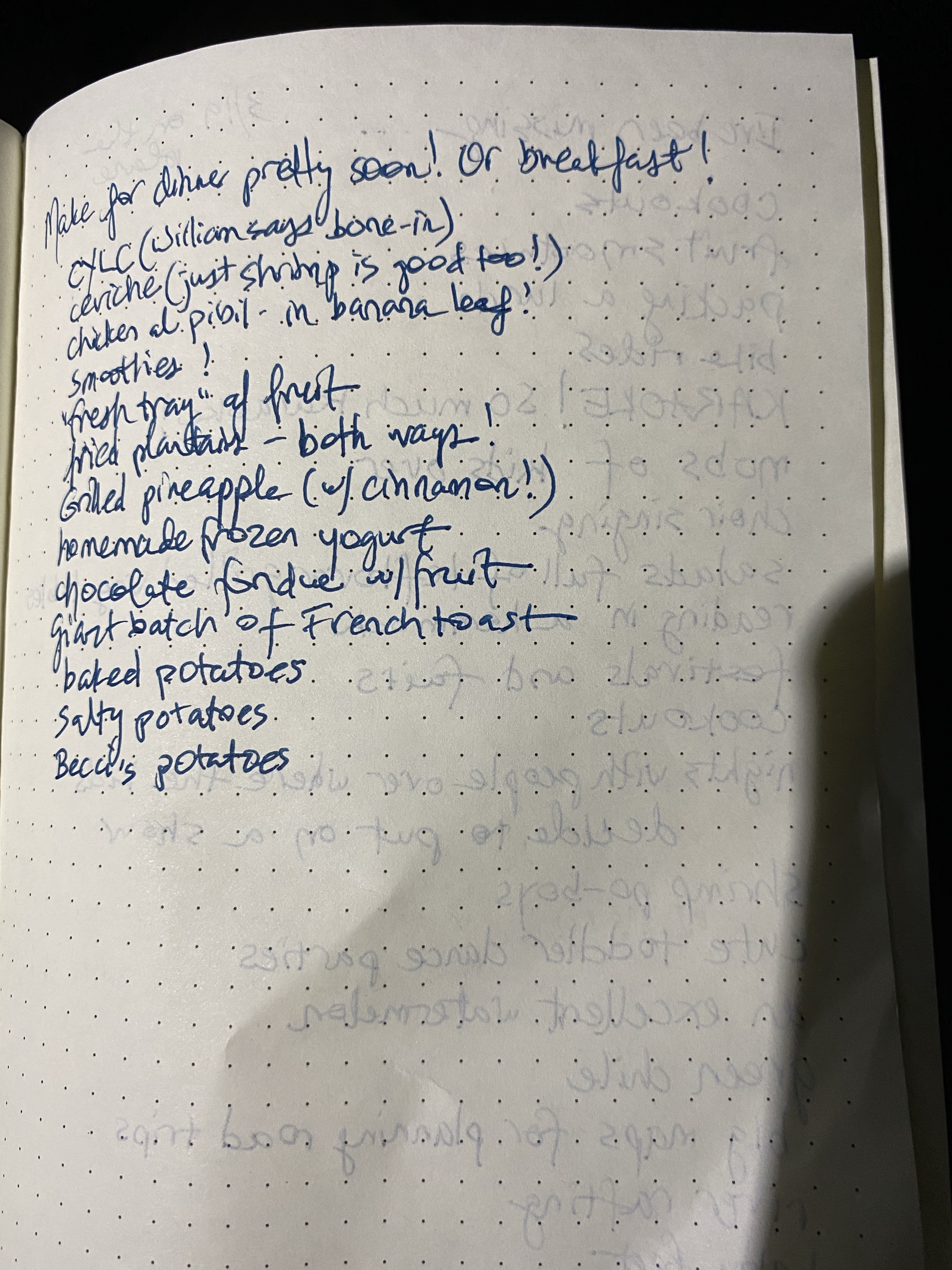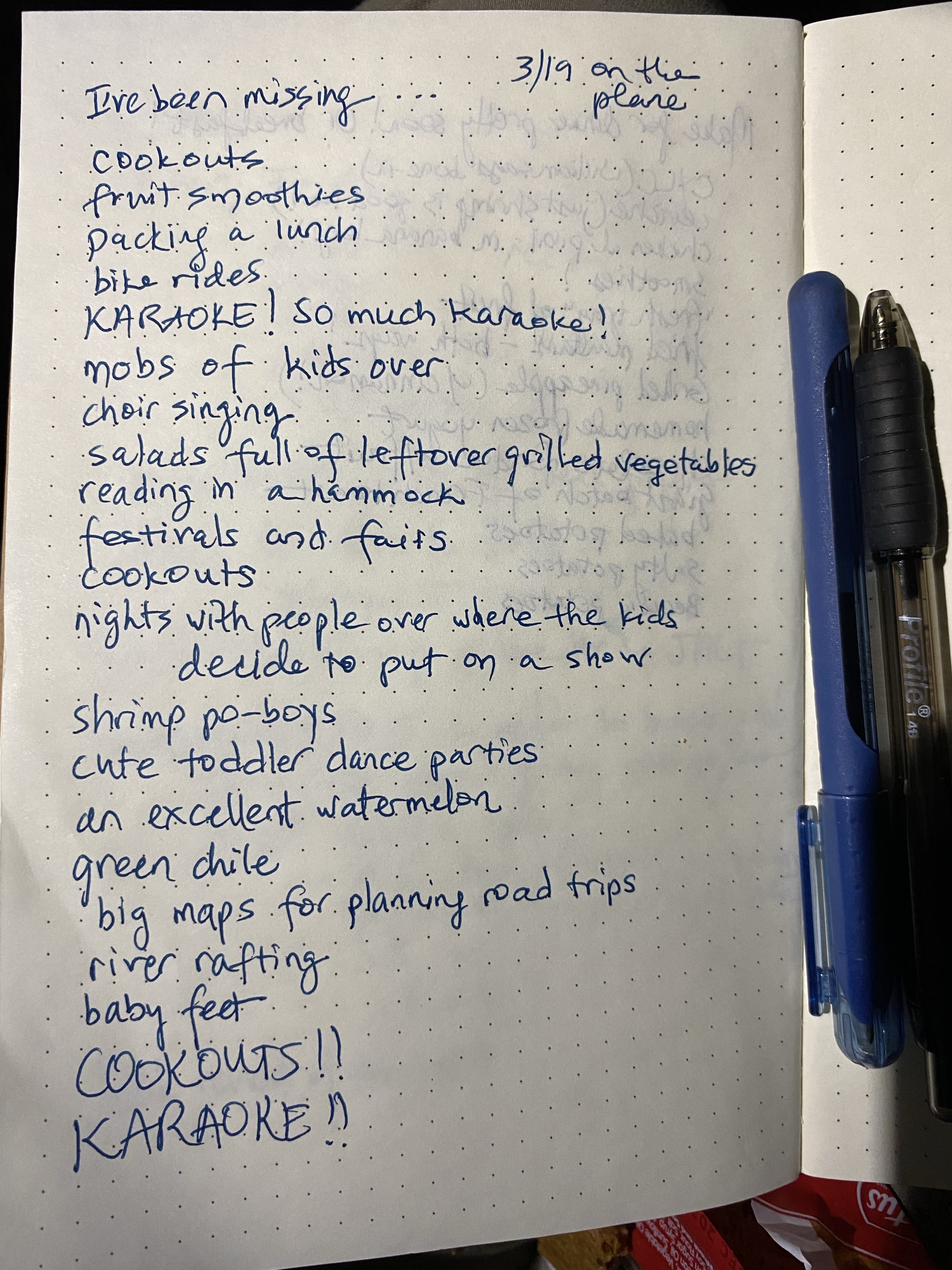I’ve mentioned how 30 consecutive days of blogging in March renewed my desire to be writing as a way of being in my life. It’s as though I have remembered for myself all the things I so regularly structure or recommend for others: write informally. Write long and short and fast and slow. Write incompletely. Share writing. Springboard from the writing of others. Make writing social. Write to find out what you want to write. Write to discern what is true. And write the truth, what Glennon Doyle would call “the truthiest truth.” The truth that I know is true when I get really, really quiet, close my eyes, put my hand on my heart, look inside, and ask myself “what do I know right now to be true?”
As those first five days became ten, twenty, thirty, I felt I was living closer to my truth and writing more fluently from it than I had done in a long while. I learned again what I already knew: that I really do wantneed to be writing about most everything, most all the time.
Since “the 30 day challenge” has ended, now it’s simply “the challenge” every day. Apparently I am not blogging every Tuesday, though I still dream. And while I am not posting daily, I am actually writing daily if I count all the writing that “doesn’t count” in many of our minds: lists, post-its, voice memos, notes to self, jottings in a conversation, additions to my book shopping cart/TBR list, texts to my truest partners in truth-telling, sentences I write in my head as I listen to interesting podcasts.
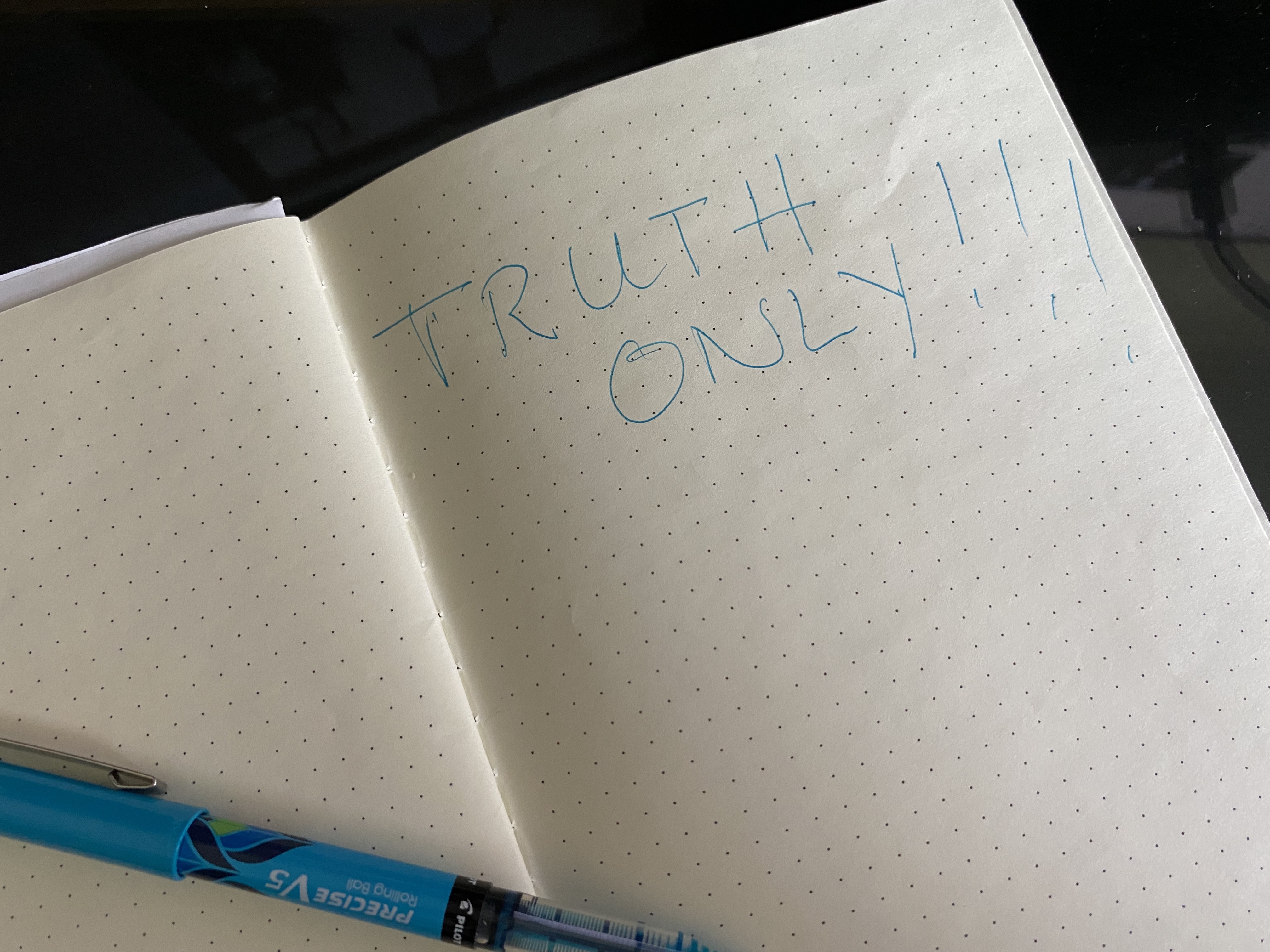
This is the truth that I have recovered during the sabbatical period I’ve been having since January: I really love writing, and what’s more I really NEED writing. I need my head to be always writing its ideas; it leads to more and better ideas and more and better writing!
And then the deepest part: I need my heart to be always writing its own truth to itself.

